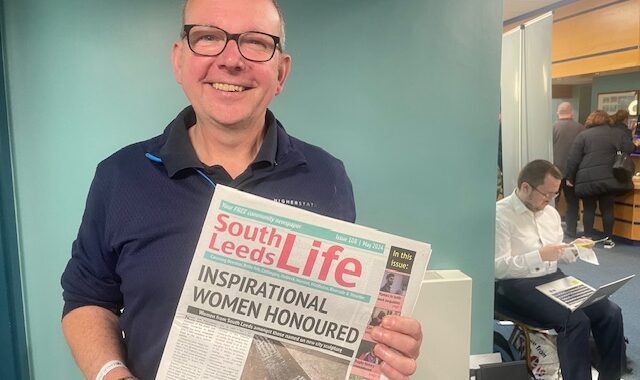For someone like me who is completely bilingual and who grew up speaking and being educated in Welsh it’s thrilling to witness the easy interchange of languages and the profusion of language services available on radio. English was adopted as the national language after independence, replacing Afrikaans, which in turn had replaced German. Namibia is home to a considerable number of ethnic groups, some closely related. Most groups have their own language. Ten languages are covered by the Namibian Broadcasting Corporation (NBC) and the Namibian Government estimates that the most widely spoken native language is Oshiwambo.
UNAM is very interested to know how Wales has halted the decline in the proportion of Welsh speakers and has developed education and services in Welsh. I meet the Dean of Humanities and Social Sciences, Prof Kingo Mchomu, who studied in Aberystwyth at a time of much civil protest about the language. He introduces me to Jekura Kavari, a lecturer in Otjiherero and to Levi Namaseb who teaches Namara and Damara (now collectively called Kwekwe), which are closely related ‘click’ languages. Both racial groups suffered under German colonial rule. The prolonged massacres inflicted by the Germans on the Herero in particular halved their population and became known as the first genocide of the 20th Century. I find that the numbers of young people wanting to study in their mother tongue is tiny and the issue of motivation and pride is discussed at length. I tell them about the approach of the Coleg Cymraeg, and our educational work at Cardiff University and outreach through the Centre for Community Journalism. We define a number of research ideas to take back to the School of Welsh as well as JOMEC.
With colleagues from the Department of Information and Communication Studies I pin down a number of areas for collaboration and future work. They include digital communication and advanced uses of digital and social media in journalism; health and development issues communication, in collaboration with the Medical School; minority language media and education; and media management and emerging business models, with a link to the MBA Media Management at Cardiff. Samra Aochamus, who studied for an MA in International Public Relations at JOMEC, a course she credits with setting her on a path to running her own successful PR company as well as academia, will be my main contact after I return. Together, we will start putting the plans into action.
In the afternoon Samra takes me to the headquarters of the state broadcaster, NBC. As well as the ten radio stations in various languages, NBC runs three TV stations. Channel Two is dedicated to news and current affairs, including live broadcasting of Parliament. When we are there, the former Prime Minister, Nahas Angula, is being interviewed for a documentary.
Established shortly after independence NBC was, until recently, facing a serious financial and programming crisis. A new CEO and Chairman have changed its financial fortunes and are now focused on content review and on ensuring a successful digital switchover in 2015. The newsroom here has about 20 to 30 journalists with others stationed around this vast country. NBC has increased regional content in news and current affairs and is in the process of investing in new setting up new graphics capability. Ricardo, who shows us around and who presents radio shows and the morning TV news program, is also now responsible for launching a new commercial radio station. This will be NBC’s second English language station carrying entertainment and music and leaving the original station to focus on speech.
Like so much else in Namibia – so much done, so much left to do.




